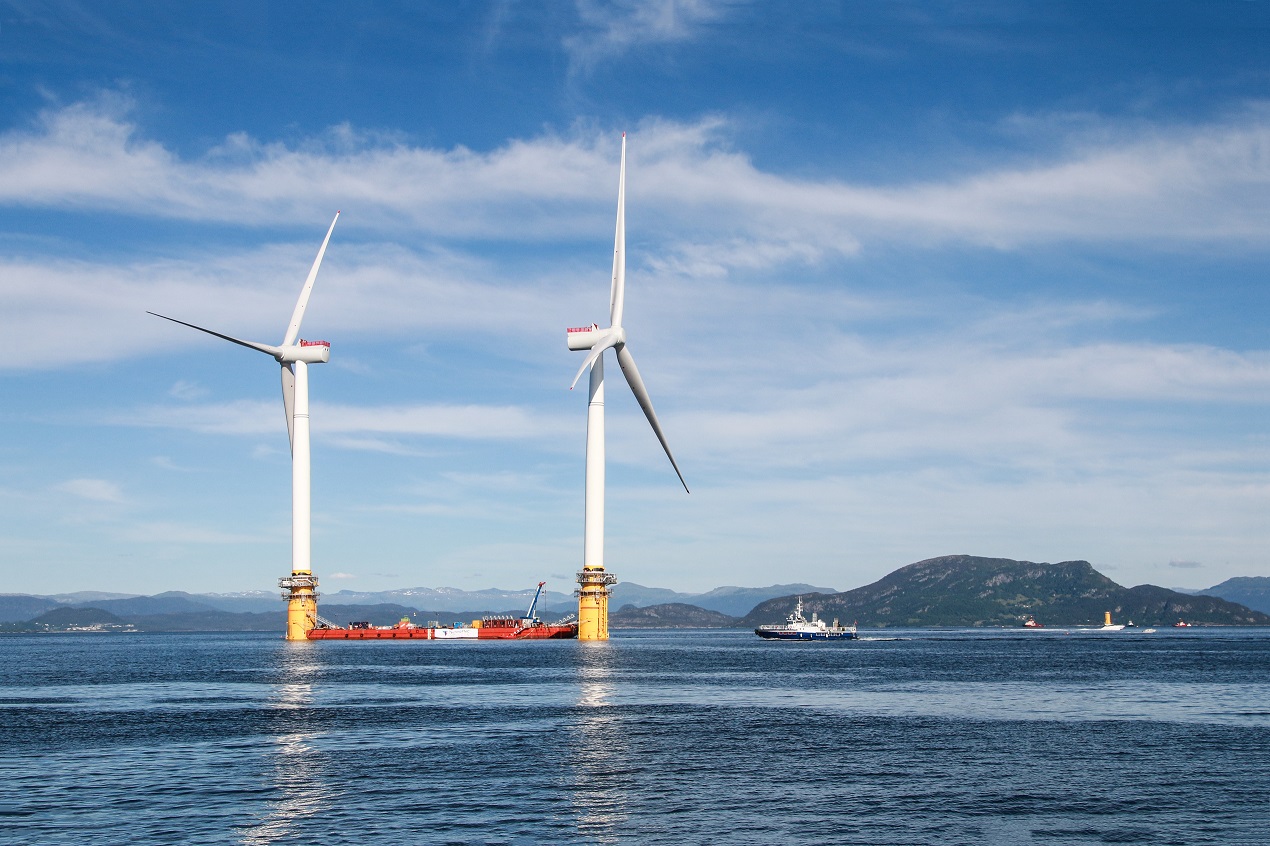The Energy Transition | Open letter from Ofgem proposes a delay to connection reforms
Published on 23rd September 2024
Welcome to our top picks of the latest energy regulatory and market developments in the UK's transition to net zero.

This week we look at an open letter from Ofgem proposing a delay to the implementation of connection reforms, the Scottish government announcing fresh support for green hydrogen, the first energy-from-waste carbon capture project in the UK going live, and more.
Ofgem letter proposes delay to implementation of connection reforms
In an open letter, Ofgem has provided an update on the proposed transmission network reforms it is developing in discussion with the government and the Electricity System Operator (ESO) (known as the TM04+ reforms). In response to two open letters published by the chairs of the Connection Use of System Code and System Operator Transmission Owner Code panels, which called for an extension to the code modification timetables, the regulator indicated that it is likely to postpone implementation of the connections reforms until Q2 2025. Ofgem also outlined the updated framework it has been considering since its last open letter in April 2024 (which we reported on here) to align the connections process with strategic energy planning to meet net zero targets.
In the open letter, the regulator acknowledged that the TM04+ reforms, as currently proposed, will not be effective in delivering the streamlined connections process required for the UK to transition to clean power by 2030 and meet net zero targets. Jack Presley Abbott, deputy director for system planning and connections at Ofgem, noted that the development of the TMO4+ code modification proposals, in tandem with licence modifications, presents an opportunity to "create an enduring solution where the bottom-up connections process delivers the technology mix for net zero (as will be specified in top-down strategic energy and network plans) and therefore will provide long-term clarity to industry."
Ofgem has set out three potential methodologies proposed by the ESO for delivering such alignment:
- Gate 2 criteria: specifying additional criteria that applicants need to meet to maintain a connection offer and place in the queue.
- Connections Network Design Methodology: this would set out the process and criteria for formulating offers at Gates 1 and 2, revising the existing queue following the application of Gate 2 criteria, assessing the network infrastructure needed to enable connection offers and reconciling the enabling infrastructure required for connections and strategic network plans for the wider transmission network.
- NESO designation methodology: this would set out the criteria for designating projects that have met Gate 2 to be prioritised. This would likely include projects which are critical to security of supply or system operability, those which would materially reduce system/network restraints, innovative or emerging technologies and projects with long lead times.
Ofgem expects the ESO to consult on these draft methodologies later in the year. The draft methodologies would then be subject to further amendment following the consultation process and finalised after the adoption of any new licence condition that followed.
Ofgem intends to reach a final decision on changes to codes and licences, including approval of any methodologies, by the end of Q1 2025, with implementation of reforms (if approved) likely to take effect from Q2 2025.
Scottish government announces fresh support for green hydrogen
The Scottish government has announced a new scheme that will provide up to £7 million in funding for green hydrogen projects across Scotland, targeting projects with a production capacity of between 5-400MW. The funding aims to cover development stage costs and support the hydrogen supply chain, helping the industry increase at scale in response to market demand.
Alasdair Allan, Acting Minister for Climate Action, commented that the funding "demonstrates that Scotland is well positioned to lead the way in developing renewable energy in a way that delivers economic benefits and shows our commitment to helping grow the hydrogen sector". The Scottish government has also said that the funding reflects Scotland's commitment to hydrogen and has highlighted that this new announcement complements the £10 million Hydrogen Innovation Scheme (HIS) which has already granted nearly £7 million to 31 projects since 2023.
Organisations have until 27th September to submit expressions of interest in the fund.
Enfinium launches UK's first energy-from-waste carbon capture pilot
One of the UK's largest waste operators, Enfinium, has initiated the UK’s first carbon capture pilot at an energy-from-waste facility at its Ferrybridge 1 site in West Yorkshire.
The scheme is expected to capture one tonne of carbon dioxide emissions per day throughout the 12-month trial period. It marks an important milestone on Enfinium's net zero transition plan to become a carbon removal business by the early 2030's. To achieve this transition, Enfinium has revealed plans to invest over £1.7 billion to decarbonise its operations by 2033, with the goal of capturing up to 1.7 million tonnes of carbon dioxide annually by 2039.
A scaled-down, containerised version of carbon capture and storage (CCS) technology, provided by Hitachi Zosen Inova (HZI), has been deployed for this pilot. Enfinium aims to eventually implement this technology across its six energy-from-waste plants in the UK.
Enfinium has reported that approximately 50%of unrecyclable waste produced in the UK consists of organic materials like food waste, plants, and paper, which have naturally absorbed carbon dioxide from the atmosphere. It's plan is to use CCS technology at its energy from waste facilities to capture this CO2 permanently, rather than allow it to be released back into the atmosphere. This will result in its plants removing CO2 from the atmosphere.
Mike Maudsley, Enfinium’s chief executive, commented:
"We are proud to have this sector-leading project up and running at our Ferrybridge facility. Carbon capture and storage technology is central to how the UK will be able to decarbonise its unrecyclable waste."
Leading battery storage companies highlight missed opportunities from underutilisation of battery storage
An open letter from a coalition of battery storage operators in the UK has highlighted the key benefits to the energy system being missed out on due to the underuse of battery storage. The letter, signed by directors of Zenobe, Eelpower, Harmony Energy and Field Energy, claims that batteries are being skipped over too frequently during times of excess generation, despite being the cheapest and fastest solution to meet the needs of the UK grid.
The group claims that batteries are being skipped over up to 90% of the time during constraint periods at some sites which has led to consumers paying more for their electricity and clean renewable energy being wasted. The letter states that “Investment in batteries does not need money from the government. But it does require a market that works properly. The government has an opportunity to cut bills and emissions by ensuring that grid-scale batteries are being properly utilised and that the market is fit for purpose."
By working with the ESO and Ofgem, the group claims that the reduction in the skip rate of batteries will cut consumer bills and give investors in the UK's energy transformation increased confidence.






